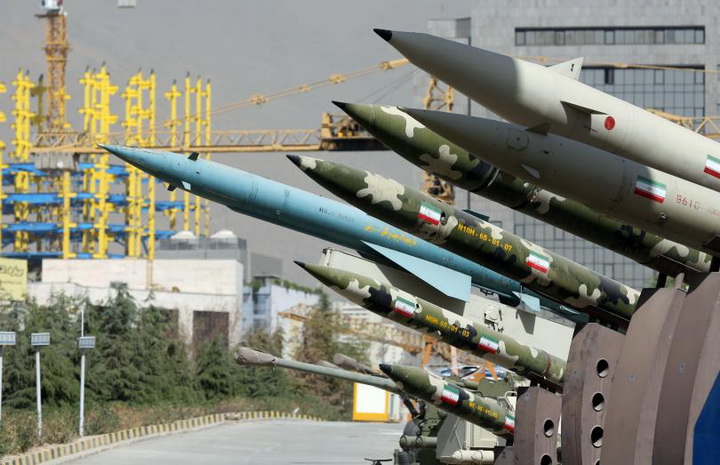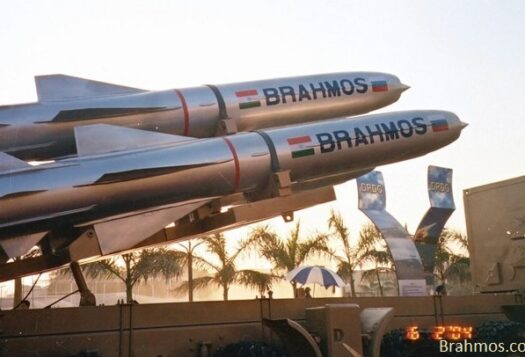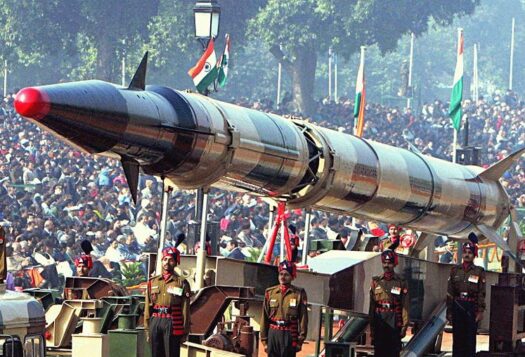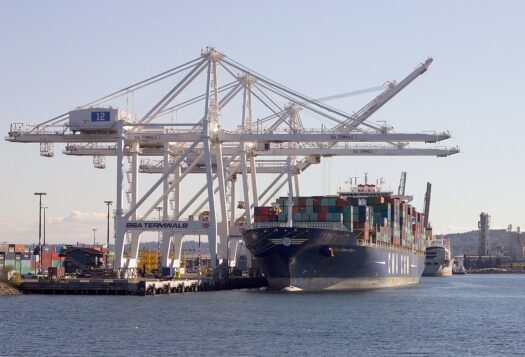
The debate over Iran’s nuclear weapons program generated as a consequence of the nuclear agreement between Iran and the P5+1 states signed on April 2, 2015 has tended to concentrate primarily on just that. Reading through the Joint Comprehensive Plan of Action (JCPOA), it is evident that Iran will still have the option of assembling its nuclear bomb, if it chooses to do so, 10, 15 or 25 years after the agreement is signed. Qualms over this aspect of the deal on the part of skeptics should be reasonably mollified by the fact that the JCPOA is an arms control agreement, not a disarmament treaty. This makes the JCPOA realistic and in accordance with the inherent practice of realpolitik in international relations by sovereign states.
Two key questions less-debated are first, whether the nuclear agreement moderates Iranian foreign policy in the Middle East and second, how and in what ways can the deal impact the opening up of Iran’s domestic political system, which is currently tightly controlled by a religious theocracy? Stephen Walt has argued rightly that the real question is not about Iran possessing the bomb, but about managing Iran’s future role in the Middle East. As Iran’s economy opens up and Western multinational companies invest there, it is bound to create linkages of interdependence, bringing economic benefits not only to Iran but to the P5+1 states as well. In such a scenario, how would Iranian foreign policy in the region play out? Will economic interdependence influence Iranian foreign policy in ways that it becomes less interventionist and by definition, less concerned with exporting the Islamic Revolution in the Middle East?
The answer to the question can be framed by way of perhaps not a fully satisfying “yes”; a reluctant yes – but still yes and not “no.” A cursory glance at Iranian foreign policy since the Revolution reveals that though the export of the Revolution was perceived as the defining characteristic of the theocratic regime, the regime itself was less sanguine about it. In fact, Iranian foreign policy can be defined as equally nationalistic (drawing on its Persian and Iranian roots) and by extension pragmatic, choosing to pick and implement policies that serve Iranian national interests independent of its religious inclination. In such cases, Iran has played very much the role of a rational state actor in international relations, as every state is bound to do – and not that of a mindless, senseless, religious theocracy bent on destroying everything that comes in its way.
Consider the following facts: Iran allowed itself to secretly deal with the U.S. and Israel during the Iran-Iraq War in the 1980s at the height of the Islamic Revolution; it has also shown support for Hamas, a predominantly Sunni organisation, as a means to wage its proxy war against Israel; and in the Caucasus, Iran backs Christian Armenia against a Muslim (predominantly Shia) Azerbaijan. Finally, both American and Iranian national interests in the War on Terror have coincided, as evidenced in their cooperation in Afghanistan against the Taliban in 2001 and in the recent war against ISIS in Iraq. These facts are inconvenient truths for analysts viewing Iran from a singular view of its being a religious theocracy and irrational state. On the contrary, it may be asserted vociferously that Iran is a rational actor pursuing its national (not necessarily religious) interests as it deems fit. In this regard, the fact that Iran chose to deal with the international community, agreeing to cap and limit its nuclear technology with IAEA inspections is fairly logical as it contemplates flowing economic benefits.
Hence, it may be fairly concluded that the nuclear agreement, in the longer term, is bound to impact Iran not only with respect to its nuclear technology but also in terms of its overarching policy in the Middle East. Iran cannot be expected to invite economic benefits from the international community and utilize these in order to further expand the scope of its interventionist policy in the Middle East. If this were to take place, America is bound to lose its two strongest allies in the Middle East, Israel and Saudi Arabia, something that it will not and cannot allow for. On the other hand, Iran stands to lose the international community forever if it reneges on the deal. Were this to occur, Iran would find itself on the wrong side of history, where it would continue to be seen by regional states as a destabilizing force in the region. Perceptibly, Iran has more to lose if any future nuclear agreement goes bad than the P5+1 states.
Finally, one further thought worth considering: will the nuclear agreement influence Iran’s political system in ways that would make it less authoritarian? Iran’s society is not a monolith and the huge celebrations witnessed on the streets of Tehran after Iranian Foreign Minister Mohammad Javad Zarif’s arrival indicates how the prospects of Iran’s economic opening and engagement with the West is perceived by civil society. Undoubtedly, increased economic interactions and interdependence between Iran and the West are bound to heighten an already prevalent desire amongst the people of Iran—that is, lessening the role of the religious theocracy in the political system. The pressure on the religious theocracy is bound to increase and civil society protests from more democracy and openness will manifest itself in Iran with time. Alternatively, Iran could go down and resemble the ‘China model,’ that is, a relatively open and liberal free market economy co-existing with a centralized and highly authoritarian political system.
The nuclear agreement is a landmark achievement displaying a collective security consensus on the part of the major powers on how to deal with Iran. While the agreement strives to limit and cap Iran’s nuclear program, its consequences may be far reaching impacting also on Iranian domestic politics and foreign policy. Despite Iran’s religious rhetoric, both the United States and Iran have found ways and means to engage with each other, as strategic priorities and national interests have dictated. The future will bring a necessary measure of both engagement and containment (congagement) between Iran and the United States with a caveat that “engagement” will figure much more prominently in bilateral relations than previously acknowledged by public officials on both sides.
***
Image: Atta Kenare-AFP, Getty


